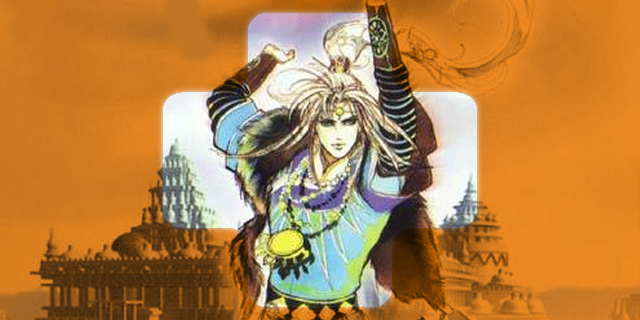
When you think about classic Square franchises, what comes to mind? Final Fantasy would be your immediate reaction, but there’s also Mana, Kingdom Hearts, the Chrono games and even Front Mission. One I feel is rarely discussed is SaGa, a series I consider one of Square’s best (or at least its boldest). Let’s talk about what makes the series so groundbreaking despite how little attention it is paid by those fondly remembering the days of Square’s past, focusing on my favorite of the bunch, SaGa Frontier.
READ MORE
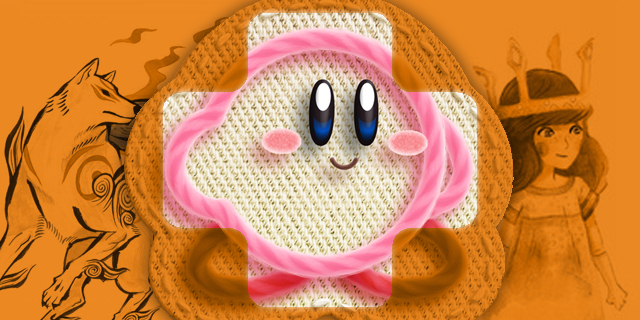
The rise in popularity of games like Dark Souls and indie titles such as 1001 Spikes seems to indicate people love challenging games. Yeah, I know, I’m stating the obvious here. To me, these games represent a challenge that requires more patience than I will ever have, but there’s more to it than that; I do like Spelunky a ton, after all. It’s more about coming to realize that challenge doesn’t matter to me. A game’s difficulty, specifically if it is considered “too easy,” might appeal to me more than your average Dark Souls player, for example.
It’s not that I seek out “easy” games or even actively avoid any titles celebrated for their high difficulty. Simply put, I find more value in titles for what they try to accomplish, not how difficult it is to accomplish it.
READ MORE
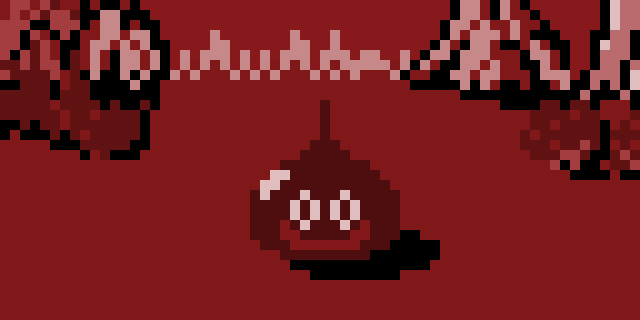
In From Pixels to Polygons, we examine classic game franchises that have survived the long transition from the 8- or 16-bit era to the current console generation. In this final installment, Andrew Passafiume and Jeff deSolla discuss the evolution of the RPG legend, Dragon Quest.
We’ve covered many iconic franchises in From Pixels to Polygons, but few share the same legacy as Dragon Quest. Originally introduced to the West as Dragon Warrior, the DQ series helped craft Japanese-style RPGs, becoming the poster child for the genre long before Final Fantasy took the spotlight. Its evolution over time is steady, but significant, as it consistently remains aligned with its roots while still providing small, meaningful steps towards the future.
READ MORE
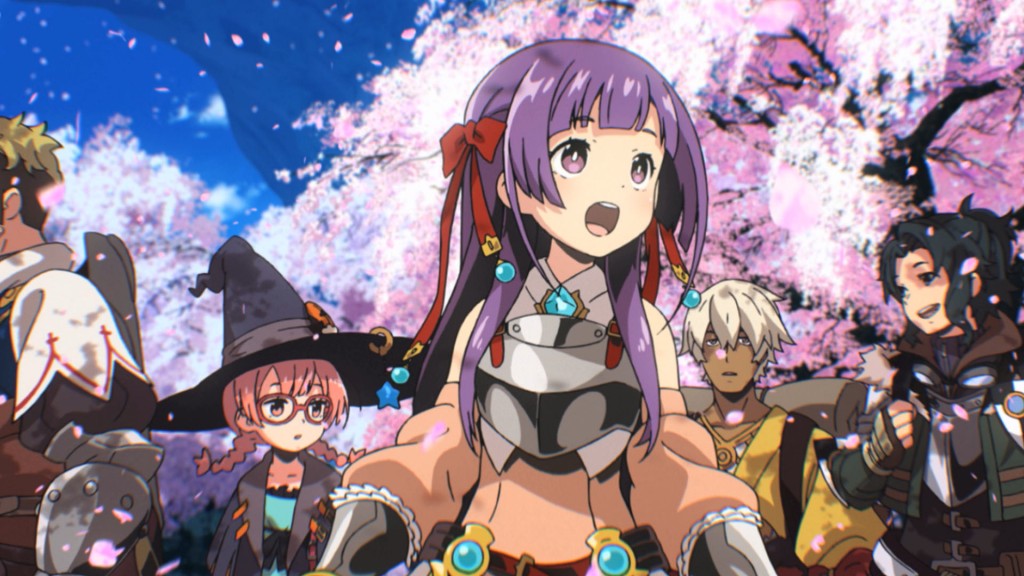
Like many genres steeped in nostalgia, there has been a first-person dungeon-crawler renaissance, specifically on handhelds. One of the key factors of this slow, undeniable resurgence of the genre is Atlus’ Etrian Odyssey series. Etrian Odyssey’s focus on providing a challenging and rewarding dungeon-crawling experience over an expansive narrative was admirable, but the potential for a story-focused adventure was there.
Two years after the release of the original Untold, Etrian Odyssey Untold 2 is here and takes the concept of a story-focused Etrian Odyssey title and expand on it. Unfortunately, like the original, it doesn’t quite hit the mark.
READ MORE
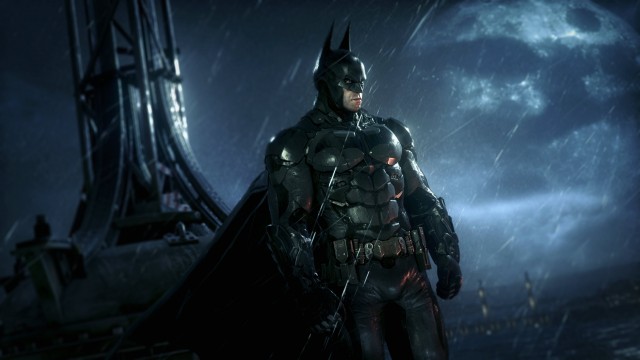
After three games and a handful of titles borrowing its approach to combat and stealth, the “final” game in Rocksteady’s Arkham series is here. Batman: Arkham Knight follows the tradition of the previous games, seeking to expand the scope even more by giving you a handful of new abilities and way to traverse the gigantic city of Gotham.
READ MORE
























